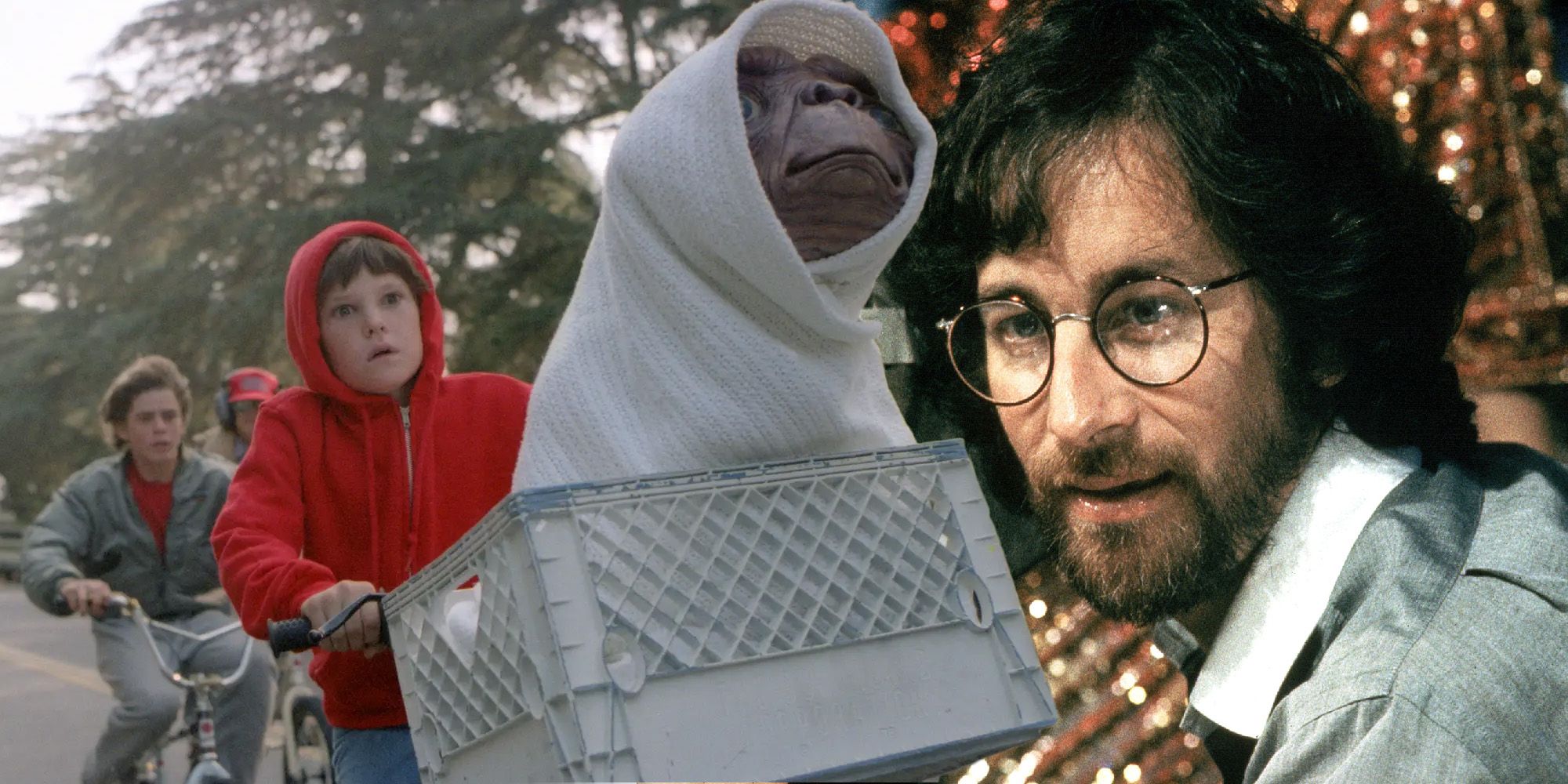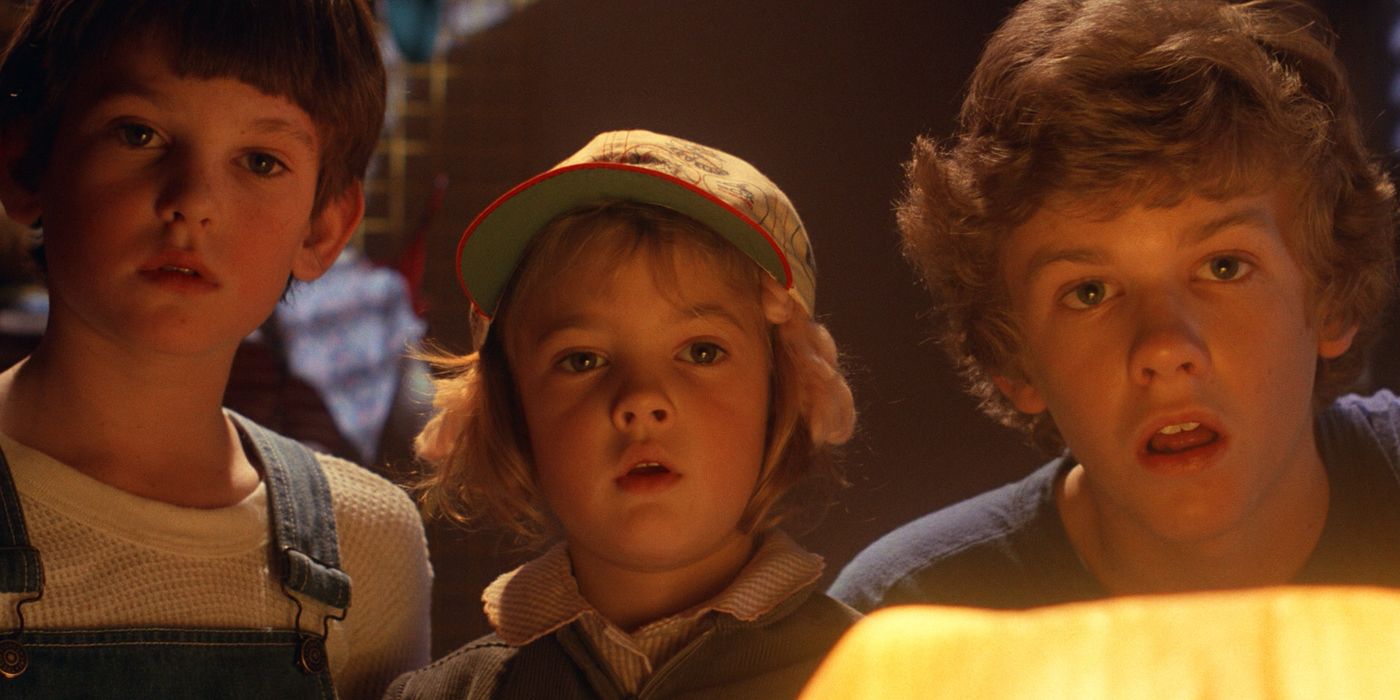What’s the real reason Elliott’s father isn’t around in Steven Spielberg’s E.T. The Extra-Terrestrial? Among the highest-grossing films of all time, E.T. The Extra-Terrestrial holds a special place in the hearts of children and adults alike, owing to its simple, heartfelt storytelling and endearing characters.
E.T. chronicles the tale of a young boy, Elliott (Henry Thomas), who lives with his single mother and siblings (Robert MacNaughton and Drew Barrymore) while struggling to cope with his parents’ estrangement. That is until Elliott discovers an alien creature in the tool shed, with whom he gradually forges a deep psychic and emotional bond. From then on, the duo gets embroiled in a series of dramatic events, including government agents in astronaut suits invading their home, amid attempts to contact E.T.’s home planet by “phoning home.”
It is important to note that Elliott’s life is tumultuous due to his parents’ divorce, and the marked absence of his father’s in his life. E.T, as a film crafted especially from the point of view of children, also features an overwhelming absence of adult interference, except that of Elliott, Gertie, and Michael’s mother (Dee Wallace). The world of E.T is dominated by the thrills and toils of childhood, a theme Spielberg deliberately incorporated within the film’s fabric, as exemplified by the camera angles that are shot from a child’s eye-level. As the inspiration for E.T was drawn from Spielberg’s personal experiences as a child, especially his parents’ divorce, the absence of Elliott’s father reflects the void felt by every child dealing with parental estrangement.
Critics have long suggested E.T. is somewhat autobiographical for Spielberg, with the Washington Post calling it a and a self-portrait of a “suburban kid set apart by an uncommonly fervent, mystical imagination.” These qualities are imbued in Elliott’s character, along with the transformation of Michael into a protective figure, which is a reflection of how Spielberg had to take care of his sisters after their father left. A visceral sense of alienation pervades the first half of the film, as Elliott struggles to feel at home, and parallels are drawn between him and Peter Pan, who, like him, finds it difficult to find emotional solace in Neverland. Spielberg himself has dubbed E.T as a “minority story”, perhaps due to the fact that loneliness often goes hand-in-hand with ostracization, which can only be overcome by a bond of mutual understanding and acceptance, such as that of Elliott and E.T.
The concept of the alien creature itself was based on Spielberg’s imaginary friend, which emerged as a coping mechanism after his parent’s divorce. While E.T. The Extra-Terrestrial is primarily a tale revolving around the alien’s journey home, and the genuine, endearing bonds created while on that journey, it is more about Elliott’s personal journey and emotional growth. E.T is undoubtedly a friend to Eliot, but also a father-figure of sorts who is nurturing and protective, adding layers of nuance to their relationship. E.T.’s presence allows Elliott to channel and better understand his feelings about his absent father, which brings the long-internalized pain of abandonment to the surface. When the duo part their ways in the end, E.T. points his finger at Elliott’s head, keeping the spark of childlike wonder and imagination alive, which is expressed in the simple, yet profound final words, “I’ll be right here.”


